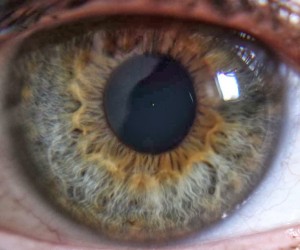Imagine with me if you will: hundreds of overgrown children packed into classrooms, dormitories, and bathrooms. Many of them coughing, sneezing, over-heated, and sleep-deprived. It’s a germ fest to say the least and it has a name: The Penn State Plague. It swept across the campus faster and hit harder than mono did (much to my surprise). The question is, why?
So with cold and flu being one of the most common health problems college students face, we need to know why it happens and how to stop it. Live Strong gives five reasons as to why you were probably hacking up a lung and cursing the plague. The first is the fact that you haven’t been getting enough sleep. When you sleep, your immune system is building up all it’s forces to protect you from the terrors that are the common cold and flu. More specifically, they create protective substances called cytokines and antibodies and cells that fight the infection. Without a proper amount of sleep, your body can’t do this; which means you’re more likely to get sick.
Another reason the Live Strong articles states you may have gotten sick is exposure. With hundreds of kids stuffed in one dormitory building, or God forbid more, you’re dealing with a lot of germs. Throw in the other tens of thousands of students you pass on campus, plus the bathrooms where germs grow in hot, moist environments, and you’ve got millions of germs trying to attack your immune system.
One reason the article lists as to why you may have gotten sick is substance abuse. This is a reason even I haven’t heard of before looking into the topic. Because this is State College, we’re going to focus more on alcohol and marijuana given it’s presence on campus. Drinking alcohol causes your immune system to struggle in fighting off illnesses. If you drink excessively, it can lead to long term immune deficiency.
Now while I understand that many people would fight to the death trying to get marijuana legalized, it can have a negative effect on your immune system. It can potentially increase your risk of catching diseases and bacterial infections. There are some studies that suggest THC, the drug in marijuana, reduces your immune system’s ability to fight of infections.
Now that you know a few reasons why you probably got sick, and maybe still are, here is what you can do to fix it. An article from US News
gave some interesting ways to stay healthy. The first being to not watch any dishes you have in the dormitory bathrooms. If you have been doing that, you’ve put yourself at risk for catching a rather nasty norovirus, which causes diarrhea, on top of whatever other diseases might linger in the bathroom. Also, do not go out if you are sick or go out with sick people. That is exposure to illness, which is the last thing you or anybody else needs. Get that extra sleep you need by turning in early on a Friday night. This will also let you skip out on a night of smoking and drinking. Your immune system will thank you later.








